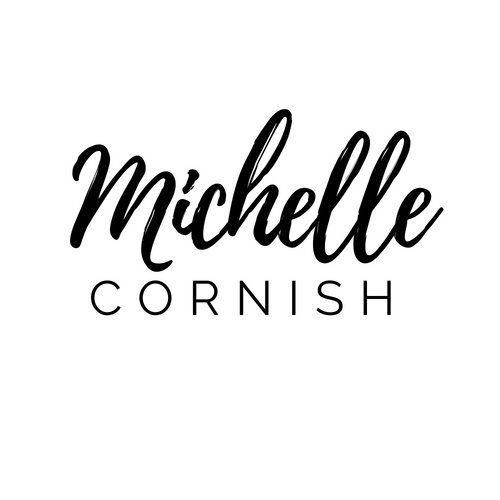How to Write a Detective Story When You're Not a Detective
/It's easy to think that in order to write a detective story, you have to be a detective. But this isn't the case at all! In fact, many famous detective stories were written by people who had no real-world experience in detective work. So how do they do it? How can someone write a detective story when they're not a detective? The answer is simple: They use their imagination, and they do their research!
Read More









